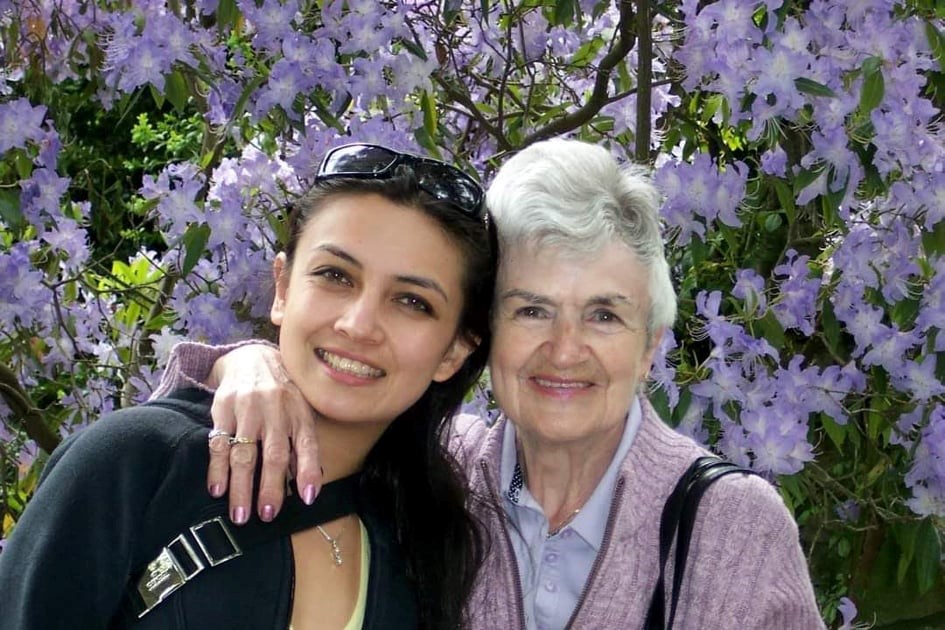Prior to last summer’s record-breaking “heat dome,” 90-year-old great-grandmother Annie Brown was known as a spry senior in her neighbourhood.
She often stopped to chat with people on the street and could be seen waving at neighbours from the apartment where she lived by herself at Lonsdale and 20th.
But when temperatures soared to record highs at the end of June, neither Brown nor her granddaughter Kelly Gaba – who regularly checked in on Brown - realized how much danger the senior was in.
Brown died of a heart attack in her apartment - most likely brought on by the extreme heat, Gaba later told the North Shore News.
She was among nine people in North Vancouver who died of heat-related illness during the unprecedented heat dome, the BC Coroners Service revealed Nov. 1.
North Vancouver reported the 15th highest death toll among B.C. communities during the record high temperatures between June 25 and July 1.
In the North Shore-Coast Garibaldi health service area as a whole (which also includes Whistler, Squamish and the Sunshine Coast), there were four additional heat-related deaths during that time period.
That equates to a rate of 4.2 heat-related deaths per 100,000 people.
Locations where fewer than five deaths were not reported, so it isn’t known where in the health area the other four deaths occurred.
The coroners service has confirmed, however, there were no heat-related deaths in West Vancouver.
The highest number of heat-related deaths, 99, occurred in Vancouver, followed by 67 deaths in Surrey and 63 in Burnaby.
Eighty-eight-year-old Irene Seline, the mother of retired North Vancouver paramedic Peter Seline, was one of those who died of heat-related illness in Vancouver.
Like the vast majority of people who died, his mom lived alone in an older three-storey apartment building.
Like Gaba, Seline later told the News he didn’t realize how hot his mother’s apartment was or how much danger she was in.
“If I had realized how bad it was, I would have gone and bought an air conditioner if I could have found one and taken it over,” he said this week, but added, “They were an item that was not available anywhere.”
Seline said he was managing his mom as best he could but “my mother was a very stubborn woman” who didn’t let on how hot it was in her apartment because she didn’t want to leave.
In hindsight, he didn’t take the heat warnings as seriously as he should have, he says now.
His mother’s doctor later told him his mom likely died of heat exhaustion. Seline isn’t even sure if his mother’s death was counted in official statistics because no coroner showed up.
“Nobody has contacted me about it,” he added.
According to information released by the coroners’ service this week, there were 595 heat-related deaths between June 18 and Aug. 12. The majority of those – 526 – happened between June 25 and July 1.
The highest number of deaths were recorded on June 29 and 28 – when both Brown and Irene Seline died. Seniors 70 and older accounted for 69 per cent of heat-related deaths, with 96 per cent of deaths happening at home.
Chief coroner Lisa Lapointe said the coroners service is gathering as much information as possible about the deaths, in order to try to prevent similar tragedies from happening in future.
An expert death review panel will analyze the information and is expected to make recommendations in the spring.




